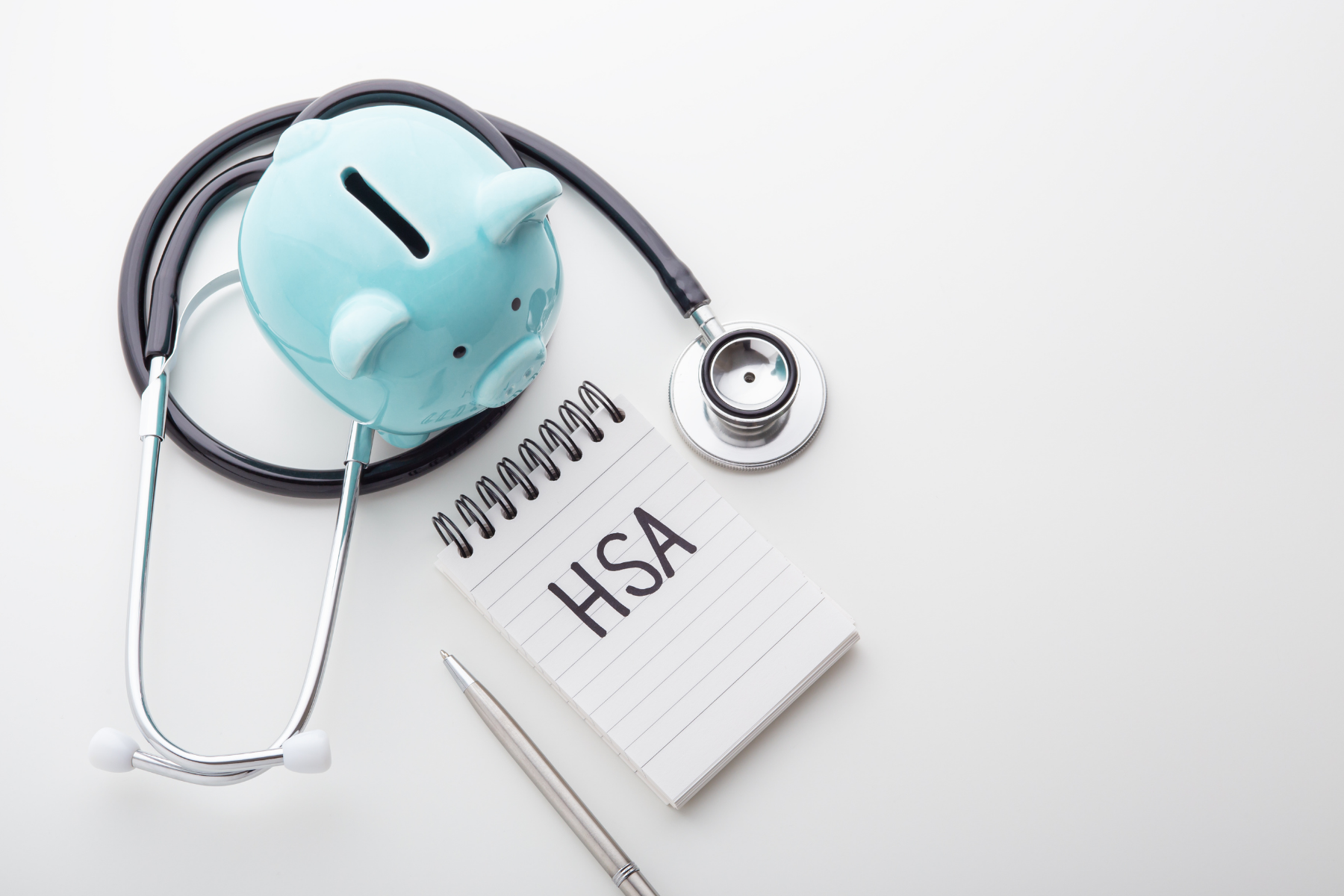Can you make a deductible contribution to an HSA (Health Savings Account)? Will the distribution in the HSA be tax-free or penalty-free?
If you have medical issues or if you need another investment strategy because you're relatively healthy, the HSA is a nice little vehicle that you can add to your long-term planning and your retirement in the future.

What Are HSAs?
HSA stands for Health Savings Account. A high-deductible plan is at least $1,400 for individuals and $2,800 in deductible for families. There's also an out-of-pocket requirement as well as an eligibility requirement for a high deductible health plan (HDHP) or an HSA plan.
This is where your insurance broker can help and guide you because there are some high deductible plans out there but they have co-pays built into them that could potentially strip you of the ability to do HSA expenses with it. So it’s important that you know all the facts and that you're doing it properly.
The Benefits of HSAs
For 2022, you can contribute up to $3,650 for individuals or $7,300 for families. This applies to either employer contributions or personal contributions.
If you have a qualified medical expense, you don't pay a penalty on the distribution. You get to contribute pre-tax, and it gets to earn money because it's an investment account, and it gets to grow tax-free.
A high-deductible health plan makes sense because you save on the premiums. The lower the deductible, and the more they pay in benefits, the higher your premiums are going to be.
Even if you don't have a lot of qualified medical expenses, and you want to do that high-deductible health plan, you can still contribute to this plan, pre-tax, or get a tax benefit from the contribution. The money gets to earn in the investment account tax-free.
How HSAs Can Benefit You at Retirement
You can find your long-term care premiums through your HSA. The earlier you get your long-term care insurance, the cheaper it is as well.
Once you reach 65 years of age or older, at that point, you can withdraw it just like a traditional retirement account. You don't pay a 20% penalty and you just pay the tax on the distribution. You don't have to have qualified medical expenses and it's tax-free!
There's something you can do to take care of yourself and your people. And if you're scared or intimidated about taking care of people, just think about how that's not allowing you to grow. That being said, it's never too early to start to think about the long-term plan because we are all aging every single day.
If you want to learn more about investing in HSAs, check out Episode 079: How HSAs Benefit You Now and At Retirement.
